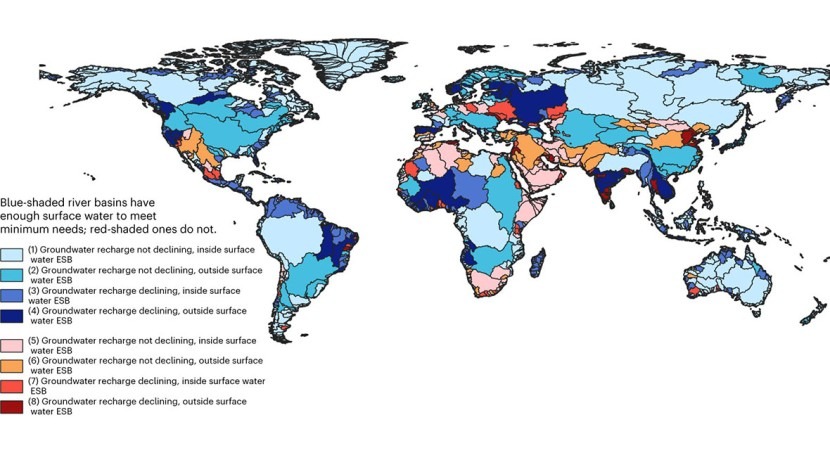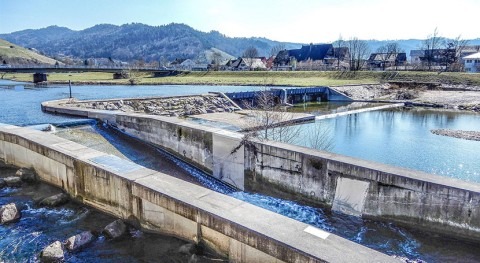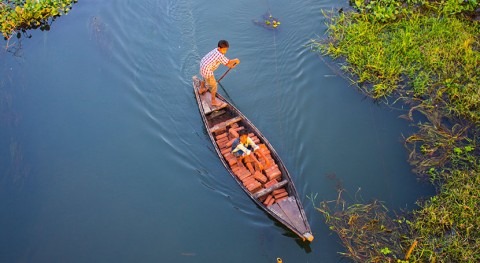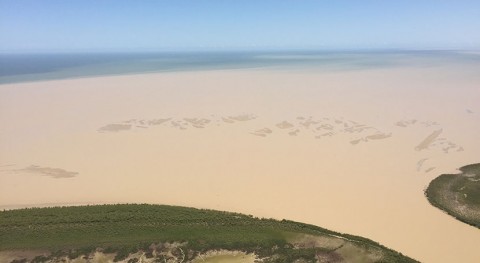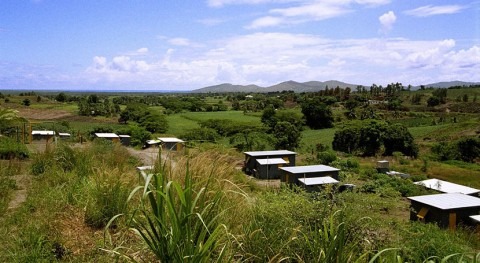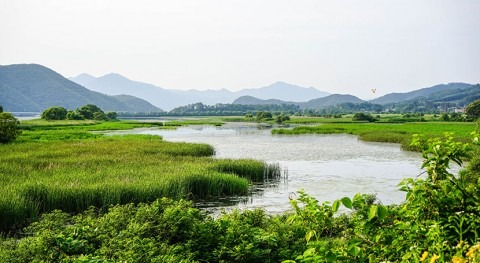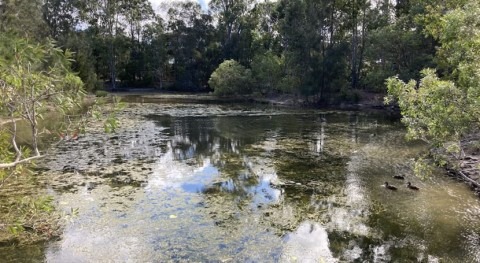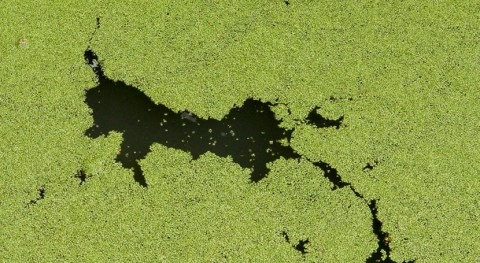A Griffith-led study has assessed whether basic human water needs can be met without exceeding safe and just Earth system boundaries (ESBs) for surface and groundwater (blue water), defined to protect people and planet.
Published in Nature Sustainability, the study explores whether humans' needs can be met within river basins with surface water alone and, where not possible, estimated how much of the available groundwater would be needed.
"Blue water flows provide the basis for a range of ecosystem services to communities worldwide including cleansing polluted water and recharging groundwater aquifers. Fisheries and aquaculture also depend on freshwater flows; for example, over 70% of the world's coastal and estuarine fish catch comes from species that rely on freshwater flows to oceans," said lead author Dr. Ben Stewart-Koster, a Senior Research Fellow at the Australian Rivers Institute.
Globally surface and groundwater flows (blue water) have been greatly impacted by human-induced changes during the Anthropocene—the geologic time used to describe the most recent period in Earth's history when human activity started to have a significant impact on the planet's climate and ecosystems.
Globally surface and groundwater flows (blue water) have been greatly impacted by human-induced changes during the Anthropocene
"Withdrawal and consumption of surface water, primarily by irrigation for agriculture and the widespread proliferation of dams has impacted on aquatic and terrestrial ecosystems worldwide, putting natural systems at risk," said co-author Dr. Christopher Ndehedehe, an ARC Fellow at the Australian Rivers Institute.
"Declines in groundwater levels, from climatic variation and overuse by agriculture and water supply, have led to land subsidence, deterioration of groundwater-dependent ecosystems, reduced surface water flows and increasing costs of water extraction. Saltwater intrusion into coastal aquifers and reductions in water quality from groundwater pollution also reduce water availability for domestic and agricultural use.
"Our study found that 2.6 billion people, almost a third of the world's population, live in river basins where groundwater is needed because they are already exceeding the surface water ESBs or have insufficient surface water to meet human needs," Dr. Stewart-Koster said.
"Analysis shows that approximately 1.4 billion people live in river basins where a transformation of water demands is needed as they either exceed the surface water ESBs or face a decline in groundwater recharge and cannot meet minimum needs.
"We see a further 1.5 billion people live in river basins outside the ESBs, with insufficient surface water to meet minimum needs, requiring transformation in both water supply and demand."
These results highlight the challenges and opportunities of meeting even basic human access needs to water and protecting surface and groundwater ecosystems.
"Meeting the safe and just ESBs for blue water offers a unique challenge given that it is essential to human survival and to address current inequalities in water access," said co-author Professor Stuart Bunn from the Australian Rivers Institute.
"It will require radical and systemic transformations of human systems, including renegotiation of international water-sharing agreements and education of the public and policymakers, to ensure that the basic needs of people can be met, while still ensuring freshwater ecosystems and the essential services they provide are protected.
"Given pressing challenges to Earth system stability associated with population growth, overconsumption, and the hydrological impact of climate change on aquatic ecosystems, we must make these necessary transformations to ensure a safe and just future for all people and planet."


